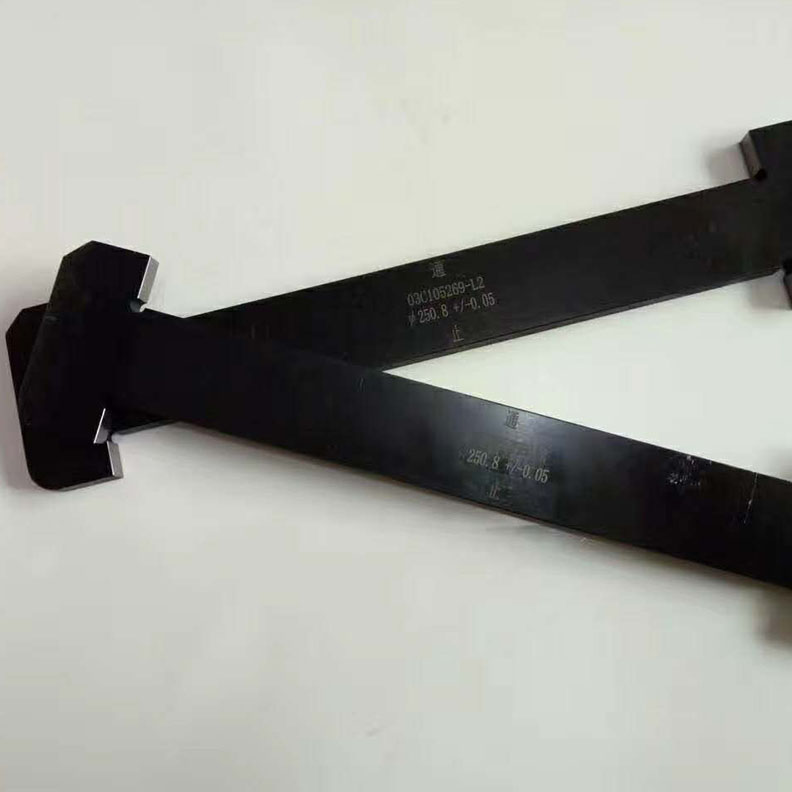Dek . 04, 2024 10:34 Back to list
water shut off valve
Understanding Water Shut-Off Valves Importance and Functionality
Water shut-off valves are crucial components in residential and commercial plumbing systems. These devices are designed to control the flow of water within pipes, allowing for effective management of water supply. Whether for maintenance, repairs, or emergencies, knowledge of shut-off valves is essential for anyone dealing with plumbing systems.
What is a Water Shut-Off Valve?
A water shut-off valve, as the name suggests, is a device that stops the water flow in a plumbing system. It can be found in various locations, including individual fixtures (like sinks, toilets, and appliances) and the main water supply line leading into a property. The primary function of this valve is to quickly isolate water supply when necessary, preventing flooding, water damage, or unnecessary water usage.
Types of Shut-Off Valves
There are several types of shut-off valves, each with its own mechanism and use cases
1. Gate Valve Often used for main shut-offs, gate valves have a wedge-shaped gate that operates vertically. When turned, it either allows or stops the water flow completely. However, they are not designed for throttling water flow, making them less ideal for frequent adjustments.
2. Ball Valve Known for its durability and ability to provide a complete shut-off, a ball valve uses a spherical disc (the ball) to control the water flow. Turn the handle a quarter turn to completely open or close the valve. These are favored for their reliability and efficiency in emergency situations.
3. Globe Valve Primarily used for regulating flow rather than completely shutting it off, globe valves have a spherical body. They offer excellent flow control but are not the best choice for rapid shut-off requirements.
4. Compression Valve Commonly found under sinks and toilets, compression valves use a rubber washer to stop water flow. This type of valve is easy to operate but may require more frequent replacements.
water shut off valve

Importance of Shut-Off Valves
Shut-off valves play a critical role in plumbing systems
- Emergency Situations In the event of a burst pipe or flooding, knowing the location of the nearest shut-off valve can save a homeowner from catastrophic water damage. Quick access allows for immediate intervention.
- Maintenance and Repairs When performing plumbing repairs or maintenance, shut-off valves enable homeowners and plumbers to isolate water supply efficiently. This isolation is essential for avoiding unnecessary water flow while working on the system.
- Water Conservation By using shut-off valves, property owners can manage water usage effectively, especially in situations where certain fixtures are not in use. This conservation can lead to reduced water bills and a positive environmental impact.
Regular Maintenance
Like all mechanical devices, shut-off valves require maintenance to ensure proper functionality. Homeowners should regularly inspect their shut-off valves for any signs of wear or leaks. It’s also advisable to operate these valves periodically, as they can become stiff or corroded over time, potentially leading to failure when most needed.
Conclusion
Water shut-off valves are indispensable in modern plumbing systems, providing both functionality and safety. Understanding their types, functions, and maintenance is crucial for efficient water management in any property. By familiarizing oneself with these devices, homeowners can take proactive measures to protect their property from water-related issues while also contributing to conservation efforts. Thus, integrating knowledge of shut-off valves into basic home maintenance routines can lead to significant advantages, ensuring that water supply is both manageable and secure.
-
Why Metric Trapezoidal Thread is Ideal for Precision Motion ControlNewsAug.05,2025
-
The Unique Properties of a Block of Granite for Industrial UseNewsAug.05,2025
-
The Role of Flanged Y Strainers in Preventing Pipeline ClogsNewsAug.05,2025
-
The Importance of Regular Calibration for Master Ring GagesNewsAug.05,2025
-
How a Cast Iron Surface Table Enhances Accuracy in ManufacturingNewsAug.05,2025
-
Comparing Different Check Valve Types for Optimal Flow ControlNewsAug.05,2025
Related PRODUCTS









